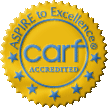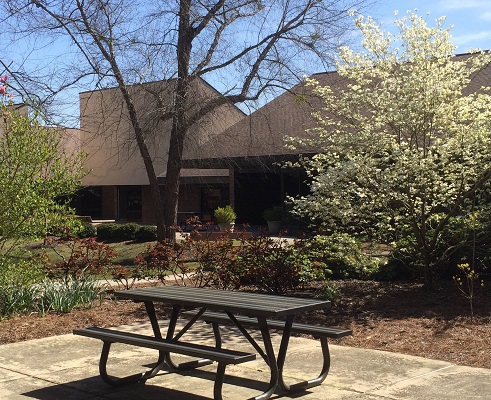CO-OCCURRING / DUAL-DIAGNOSIS DISORDERS
Those who struggle both with serious mental illness and substance abuse face problems of enormous proportions. Mental health services are often not well prepared to deal with patients having both afflictions. Often only one of the two problems is identified. If both are recognized, the individual may bounce back and forth between services for mental illness and those for substance abuse, or they may be refused treatment by each of them.
While the picture regarding dual diagnosis has not been very positive in the past, there are signs that the problem is being recognized and there is an increasing number of programs trying to address it. The drug most commonly used is alcohol, followed by marijuana and cocaine. Prescription drugs such as tranquilizers and sleeping medicines may also be abused. The incidence of abuse is greater among males and those in the aged 18 to 44. People with mental illnesses may abuse drugs covertly without their families knowing it. It is now reported that both families of mentally ill relatives and mental health professionals underestimate the amount of drug dependency among people in their care. There may be several reasons for this. It may be difficult to separate the behaviors due to mental illness from those due to drugs. There may be a degree of denial of the problem because we have had so little to offer people with the combined illnesses. Caregivers might prefer not to acknowledge such a frightening problem when so little hope has been offered.
Substance abuse complicates almost every aspect of care for the person with mental illness. First, these individuals are very difficult to engage in treatment. Diagnosis is difficult because it takes time to unravel the interacting effects of substance abuse and the mental illness. They may have difficulty being accommodated at home and may not be tolerated in community residences of rehabilitation programs. They lose their support systems and suffer frequent relapses and hospitalizations. Violence is more prevalent among the dually diagnosed population. Both domestic violence and suicide attempts are more common, and of the mentally ill who wind up in jails and prisons, there is a high percentage of drug abusers.
Given severe consequences of drug abuse for the mentally ill, it is reasonable to ask: "Why do they do it?" Some of them may begin to use drugs or alcohol for recreational use, the same as many other people do.
Various factors may account for their continued use. Probably many people continue their use as a misguided attempt to treat symptoms of the illness or the side effects of their medications. By "self- medicating," they find that they can reduce the level of anxiety or depression -- at least for the short term. Some professionals speculate that there may be some underlying vulnerability of the individual that precipitates both mental illness and substance abuse. They believe that these individuals may be at risk with even mild drug use. Social factors may also play a part in continued use. People with mental illnesses suffer from what has been called "downward drift." This means that as a consequence of their illness they may find themselves living in marginal neighborhoods where drug use prevails. Having great difficulty developing social relationships, some people find themselves more easily accepted by groups whose social activity is based on drug use. Some may believe that an identity based on drug addiction is more acceptable than one based on mental illness.
This overview of the problem of drugs and mental illness may not be a very positive one. However, there are some encouraging signs that better understanding of the problem and potential treatments are on the way. Just as consumers and families have faced other very troublesome problems in the past and developed adequate responses to them, they can also learn to deal with this one in a way that their lives become less troubled and better treatment is received.









